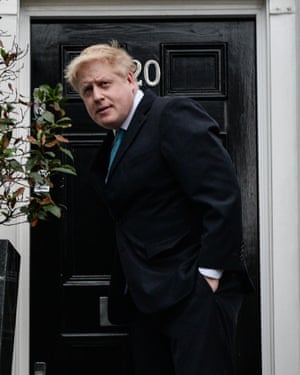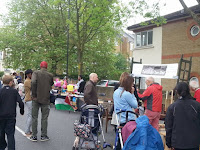Privilege and Duty
CADFA’s UN Human Rights Day Event, Kentish Town, Saturday 10th December 2016.
On UN Human Rights Day, 10th December, I was reminded again of the importance of the work that CAFDA does. The date commemorates the day, in 1948, when the UN General Assembly adopted the Universal Declaration of Human Rights, passing resolution 423 (V).
Article 1 of the Declaration states: “All human beings are born free and equal in dignity and rights. They are endowed with reason and conscience and should act towards one another in a spirit of brotherhood.”
Every CADFA event brings together people who care about protecting human rights in occupied Palestine. Often, you will hear from people who have visited Palestine on cultural exchange or other projects. Sometimes, too, you can hear from Palestinians who share their personal experience of living under occupation.
The stories of Gaza, under occupation and blockade, remain marginalised in the media, aside from coverage of peaks in attacks. However, at Kentish Town Community Centre, at CADFA’s UN Human Rights Day event, we had the opportunity to hear from a young woman from Gaza who now lives in the UK.
The people of Palestine are, she said, fully aware of the abnormality of living under occupation and blockade – but continue to live, to go to school and work, as an act of resistance.
She told us of the recent experiences of her mother who desired to visit Europe to see and hold her children, as is the right of every mother. It took her mother two months of travelling from one end to the other of the Gaza Strip to finally get permission from Egyptian authorities to exit the Gaza Strip into Egypt through the Rafah Crossing.
Having made it into Europe and seen her children (though she did not make it to the UK to see her daughter there) – and seen the ease with which people can move between states – her mother had to return to the Gaza Strip.
However, in Greece she was told by Egyptian officials that she could not travel into Egypt, for the Rafah Crossing into Gaza was closed. With no option, she travelled to Jordan to try to cross into Palestine. However, once in Jordan she was denied travel further and had the uncertainty of many weeks and fruitless efforts to seek help before finally being allowed to return to her family within Palestine.
We were told by the Gazan that the blockade of Gaza by Israel, with Egyptian complicity, results in deaths of Palestinians seeking medical treatment that is unavailable in Gaza due to the ongoing blockade. She told us that two of her cousins, both in their 30s, had died in preventable circumstances because they were not allowed out of the Gaza Strip.
She, who has not been able to see her mother or father for around three years, urged us to learn about the suppressed stories of Gaza and the West Bank and spread information and take advantage of our privilege in the UK.
In addition, the audience at CADFA’s UN Human Rights Day event had the opportunity to hear from several young people who had recently returned from a youth camp held in the West Bank. We heard of the restrictions that exist preventing Palestinians without the approved pass from entering Jerusalem and how painful this was for the British visitors to go to such a spiritual location without their new friends.
A visitor from the UK found that the segregated entrances of the Al Aqsa Mosque, in Jerusalem, were heavily guarded and, when she tried to enter, was challenged to recite a sura from Quran to prove that she was a Muslim, which she did reluctantly and, then, insisted that she finish when the soldier had had enough. She found that the soldiers in Jerusalem avoided speaking to her, as a tourist, but interacted with her Palestinian friends, asking them about her background.
We heard of the racial profiling that the visitors experienced on arriving in Israel, with those with Muslim sounding names being held back and questioned for a number of hours. These difficulties, however, have not, they were all in agreement, discouraged them from plans to return to Palestine.
One of the visitors told us about what she had learnt at the Prisoners’ Museum at Al Quds University, Abu Dis. She told us about the experiences of families who visit detained loved ones. They are only permitted to communicate with the prisoner from behind wire meshes and patrolling guards.
Finally, we were told that despite their guides, their visit was still a sheltered one. The harsh experiences faced by Palestinians were only heard through stories. A close encounter we heard about was of a stop at a checkpoint where the bus of visitors was turned back by Israeli soldiers. Later that day, the British visitors discovered, via a Palestinian friend, that sometime after their bus was turned away, a Palestinian schoolgirl was shot at the checkpoint.
The experience of children in the West Bank was provided to us through a video made by a Camden schoolteacher who had recently visited Palestine. We witnessed some of the apparent ‘normality’ of the children in their play and jokes, as well as their fears and hopes.
The sharing of these experiences and interactions between Brits and Palestinians renewed my sense of urgency about the human rights situation in Palestine – reminding me of how important it is, especially, to hear directly from Palestinians. It reminded me, also, of how important CADFA’s work is and how vital it is to support CADFA in these trying financial times.

















































